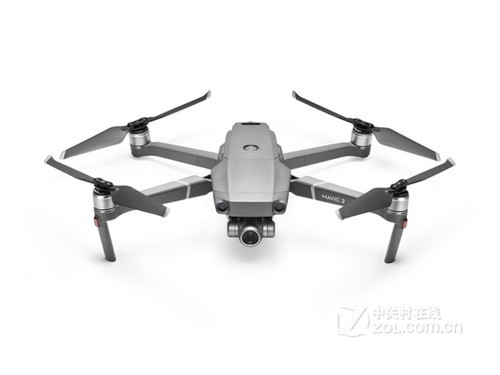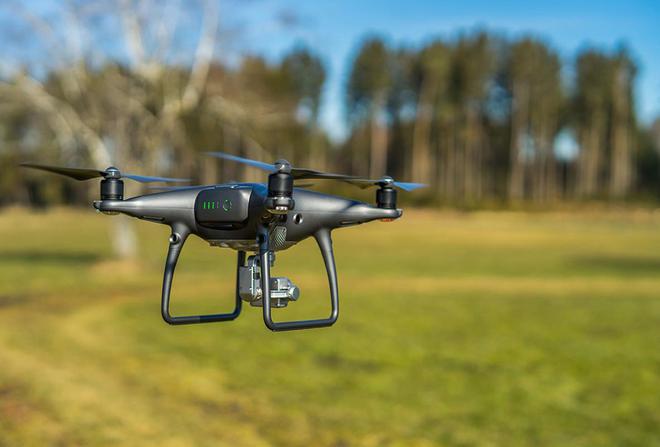Understanding the Threat: Houthi Drone Activity and Tel Aviv’s Air Security Challenges
The evolving landscape of modern warfare has brought drones into the forefront, serving both strategic and tactical purposes. Among such developments, the Houthi drone program has emerged as a topic of international concern, especially considering their potential threats to significant urban areas like Tel Aviv. To grasp the magnitude of this issue, it is first crucial to understand who the Houthis are.
Who are the Houthis?
Originating from Northern Yemen, the Houthi movement is a group formed from the Zaidi Shia sect. Over the years, they have gained momentum and influence, becoming a formidable force in the region. Their capabilities extend beyond traditional warfare, as evidenced by their utilization of drone technology to achieve military objectives.
Drone Technology and Its Implications
Drones, an essential component of modern warfare, are used for reconnaissance, delivery of explosives, and more. The Houthis have reportedly developed and used drones in various operations, causing anxiety over their possible reach and impact.
Tel Aviv: A Strategic Target
Tel Aviv, Israel’s cultural and economic hub, is naturally a high-profile target for any group aiming to disrupt national security and stability. The city stands vulnerable to any emerging technology used by adversaries, and therefore, examines with urgency developments in Houthi drone capabilities.
Defensive Measures
Israel’s sophisticated defense systems, including Iron Dome, are highly effective against aerial threats. However, the unpredictable and rapidly advancing drone technologies pose significant challenges that necessitate continual upgrades and innovations.
What Makes Drones Dangerous?
Their ability to bypass conventional security systems, deliver payloads with precision, and the difficulty in detecting drones make them a unique threat. These autonomous systems can range over vast distances, thus potentially putting Tel Aviv in jeopardy.
Analyzing the Threat Level
The risk that Houthi drones pose to Tel Aviv is contingent upon several factors, including technological advancements, geopolitical dynamics, and the effectiveness of existing counter-drone measures. Israel remains vigilant, continuously assessing the need to modify its defense capabilities.
Technological Advancements
The key to mitigating drone threats lies in technological superiority. Israel invests heavily in radar systems, electronic jamming equipment, and other defense tools designed specifically to neutralize the drone threat. This proactive approach is crucial for safeguarding urban areas.
FAQ Section:
Could Houthi drones realistically threaten Tel Aviv?
While current Houthi drone capabilities may pose a theoretical threat, practical limitations and Israel’s robust defense systems significantly reduce the likelihood of a successful drone strike.
What proactive measures are in place?
Israel employs advanced electronic warfare and anti-drone technologies to detect and intercept potential threats before they can cause harm.

How does the political landscape affect drone threats?
Regional political dynamics play a crucial role. Relationships, alliances, and tensions can impact the intensity and frequency of threats posed by drones.
Through ongoing improvements and adaptations in defense technology, Tel Aviv aims to counter the unpredictable nature of drone warfare, securing its skies against Houthi influences while maintaining global vigilance regarding new developments in drone technology.